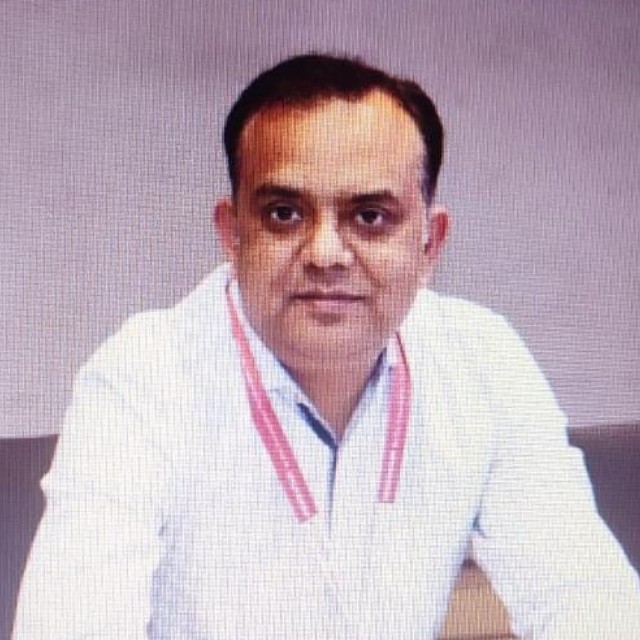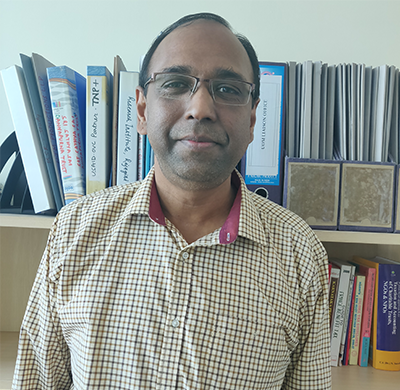
Dr Karthikeyan
Dr K.Karthikeyan, a medical doctor, trained in HIV medicine and mental health. His 25 years of clinical and public health experience covers grassroots, state, national and international levels.
In the early years of the HIV epidemic in India, led his team to establish home-based care in 15 districts of Tamil Nadu. He served as the nodal person in WHO India office, in 2006-2008, led the ART training roll out in India. He served as the WHO country focal point for HIV, in the Maldives and Timor Leste.
Since 2005, he has been associated with KHPT in various capacities. He is the thematic lead for Tuberculosis in KHPT. He led the technical team in USAID funded THALI project, continues in the same position in USAID funded Breaking the Barriers project. He is passionate about building the team at work.
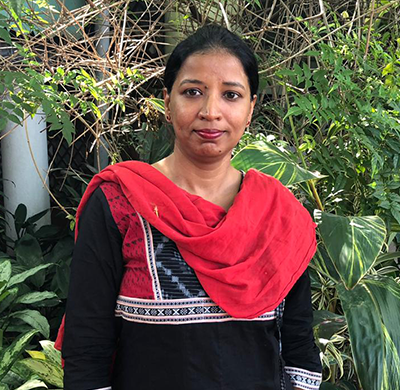
Dr Rehana Begum
Dr Rehana Begum is a health professional, with close to two decades of experience, holds an MBBS degree from Ambedkar Medical college, Diploma in Oto-Rhino-Laryngology (D.L.O) from Bangalore Medical College, MBA (HR) from Madurai Kamaraj University- Distance Education and a Certificate Course in Health Research Methodology and Evidence-based Medicine, from St. John’s Medical College and Research Institute in collaboration with McMaster University, Canada (2014). Her health expertise includes Tuberculosis Control, Reproductive, Maternal, Neonatal, Child and Adolescent Health (RMNCH+A), Prevention of Parent to Child Transmission of HIV (PPTCT), STI, Quality assurance of public health facilities and Research.
Prior to joining the BTB project at KHPT as Deputy Project Director, she has worked with World Health Organization, UNICEF-India, UNICEF Lao-PDR, UNICEF- Timor-Leste, UNICEF- Kiribati, UNICEF-Fiji, office; John Snow Inc, Centre for Global Health Research (CGHR), University of Toronto and Bangalore Bruhat Mahanagar Palike (BBMP). Dr Rehana’s areas of interest include Tuberculosis, TB-HIV, Research, Maternal and child health, Monitoring & evaluation, Evidence-informed medicine, Biostatistics and Program management, and she has numerous publications to her credit.
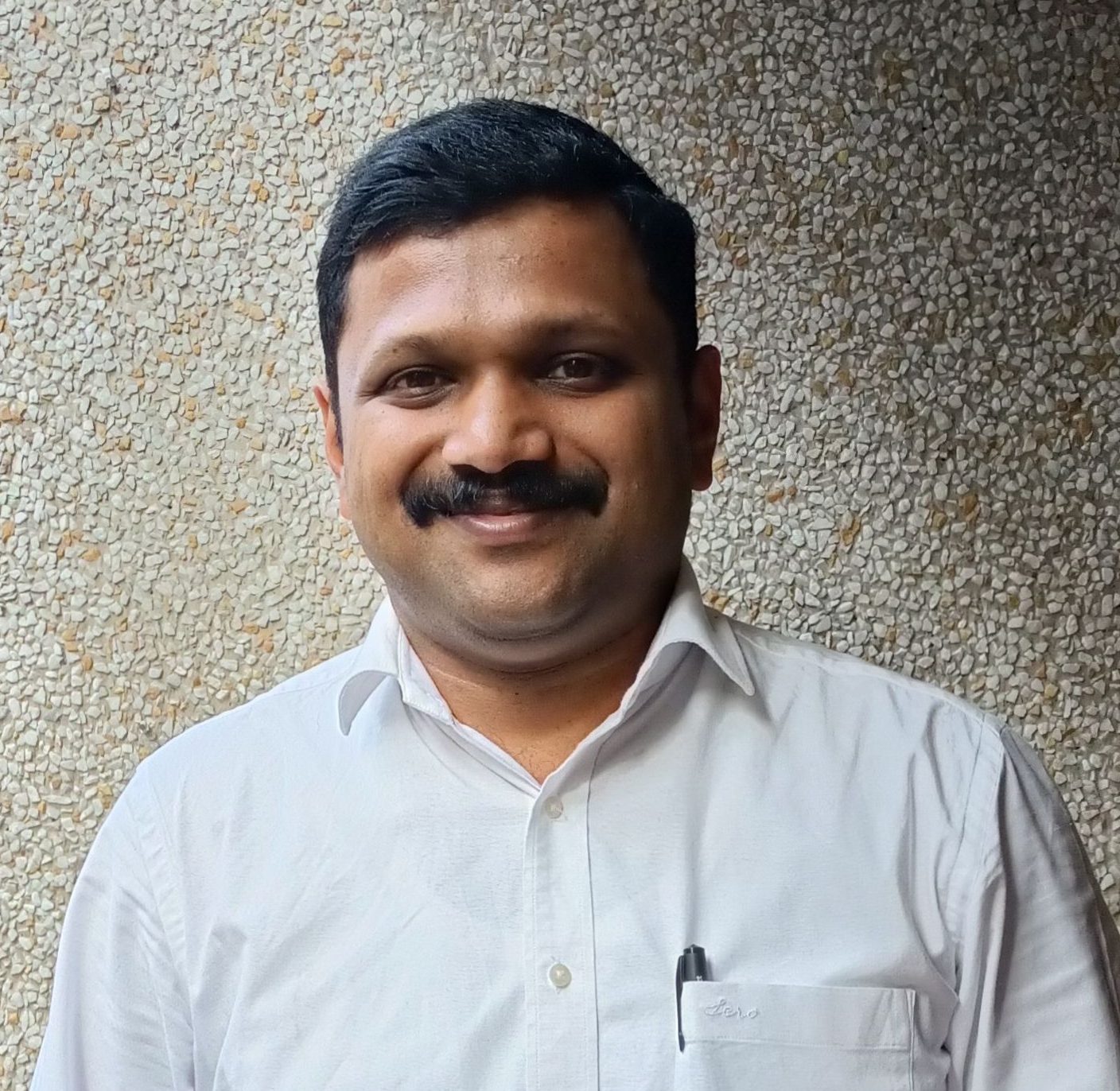
Vipin Joseph
Mr Vipin Joseph is public health professional having more than 15 years of experience in the development sector, predominantly in the areas of Reproductive and Child Health, HIV/AIDS, nutrition, women empowerment and Covid-19 management.
He has worked with with the Ministry of Health and Family Welfare, Government of India, the National AIDS Control Organisation, and other voluntary organisations. He has experience with data analysis, use of participatory tools, monitoring SDGs, and handling large projects on HIV/AIDS, health systems, procurements, and the monitoring of National Health Mission flagship programmes relating to Maternal Health, Child Health, Family Planning, Adolescent Health, Nutrition and COVID-19. Has also been part of various policy level groups including the technical working group of the National AIDS Control Programme (IV), expansion of HIV testing methods, and common review missions of the Government of India.
Mr Joseph has a Masters in Social Work, a B Com degree and an O’ Level in Computer Application, and has also qualified with UGC, NET.

Atreyee Sinha
Atreyee Sinha is a social scientist with over 5 years of work experience in health, nutrition, policy evaluation and Tuberculosis in collaboration with international agencies. She has a Doctoral Degree in Population Studies from International Institute for Population Sciences (IIPS) Mumbai. Skilled in social science research, handling large scale data and scientific writing, Atreyee has presented her works at numerous national/international conferences and has a number of publications to her credit. Her areas of research interest include (but are not limited to) gender studies, sexual & reproductive health and rights, social aspects of TB and HIV/AIDS, and Mental health.
She currently plays the role of Monitoring and Evaluation Lead for the USAID-funded Breaking the Barriers Project at KHPT.
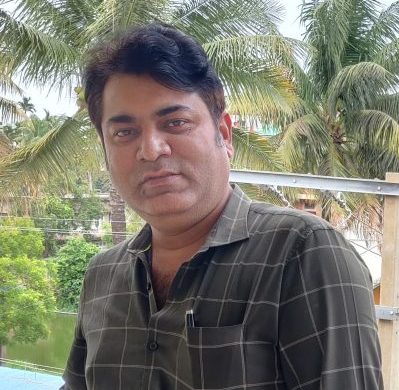
Prasenjit Das
Prasenjit holds a PGDBM (HR) and an MA in Rural Development. He has worked for over 18 years across multiple verticals in the development sector. He has worked with reputed international and national organizations, including WISH, Centre for Development Initiatives, HLFPPT and Piramal Swasthy, to execute projects on education, livelihood and health. He has worked specifically on improving conditions of domestic workers and other marginalized communities, climate change adaptation, urban poverty, advocacy and networking, business development, convergence, and the development of sustainable and innovative models, in addition to leading one of the largest diabetes management projects in Assam.
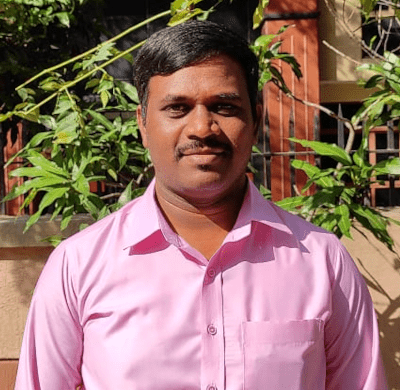
Prakash S
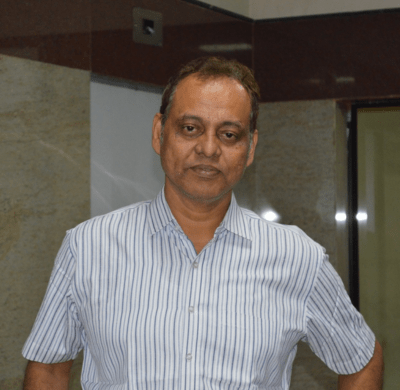
Rajiv Ranjan
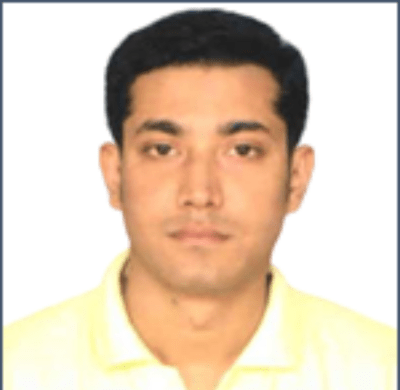
Amitabh Das
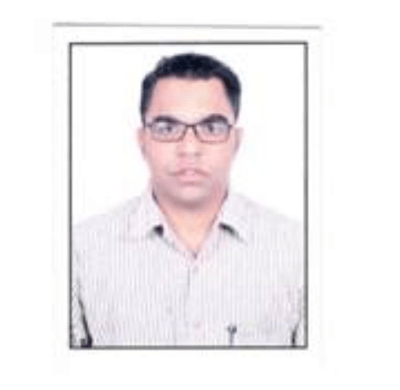
Rohith C
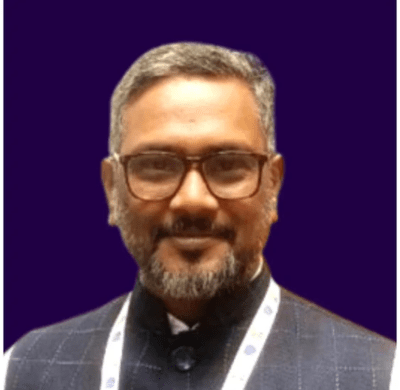
Degal Dharma Rao
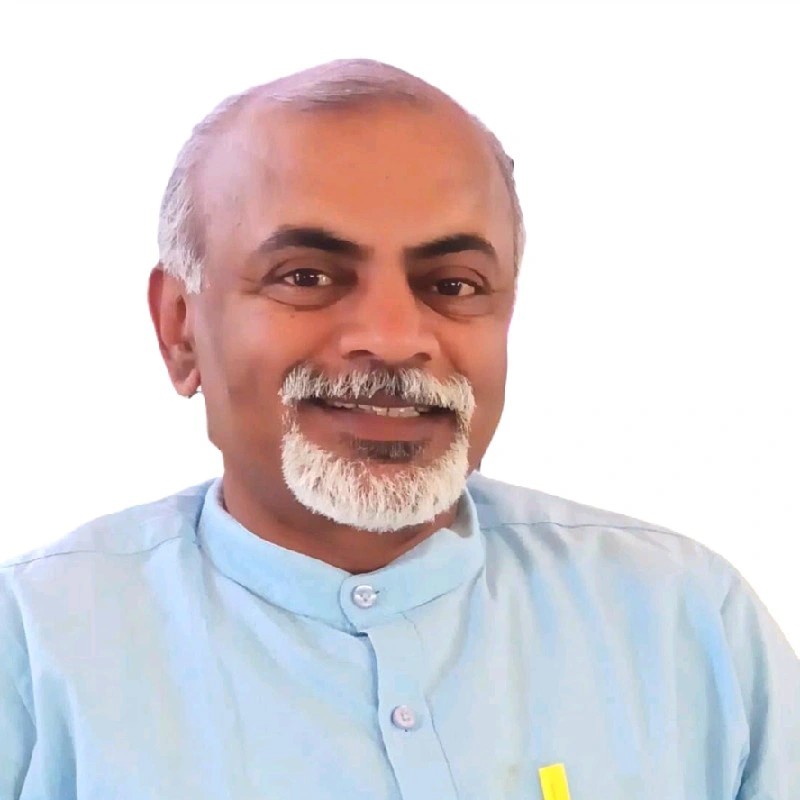
Suresh M
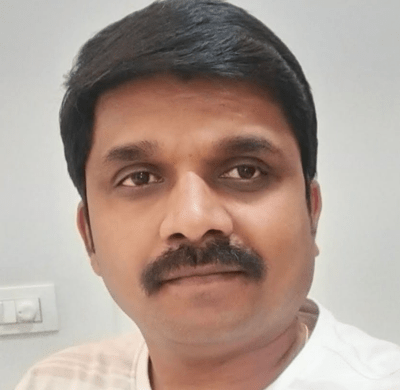
Raghavendra R Kamati
Raghavendra Kamati holds a Master’s in Library and Information Science and a Postgraduate Diploma in Digital Library Management. With over 19 years of experience in the development sector, he excels in developing comprehensive monitoring and evaluation plans, designing evaluation study tools, and creating robust databases. He has a proven track record in identifying and training teams, ensuring effective data collection and monitoring processes. Raghavendra is proficient in managing Management Information Systems, analyzing data, and enhancing data quality through supportive supervision and monitoring visits. His expertise extends to the successful implementation of screening, mapping, validation, and research surveys across both urban and rural areas, targeting general, at-risk, and vulnerable populations. Additionally, he is adept at designing and implementing M&E frameworks, conducting data analysis, and performing impact assessments for various development projects.

Sandeep H
Sandeep H has over 15 years of experience in the field. He holds a Diploma in IT from Visvesvaraya Technological University and has completed a Certificate Course on Monitoring and Evaluation (M&E) of Health Programs (CCME). His experience includes designing, implementing, and developing assessment tools, concept notes, and training manuals for rural HIV/AIDS prevention and care programs.
Sandeep’s core competencies are developing monitoring and evaluation plans, handling issues related to MIS/CMIS, analyzing data, and strengthening data quality through supportive supervision and monitoring visits. He has implemented screening, mapping, validation, and research surveys among the general, at-risk, and vulnerable populations in urban and rural areas.

Pranamika Sarmah
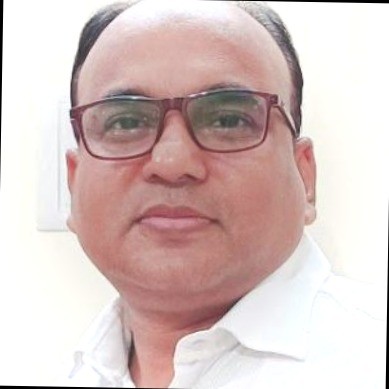
Haroon Rasheed
